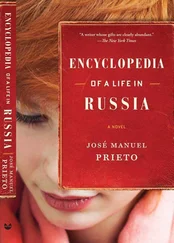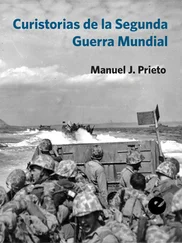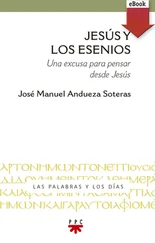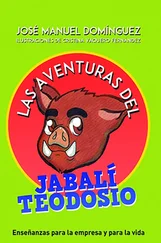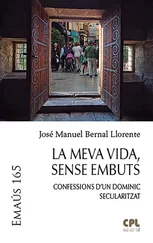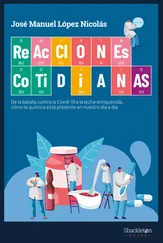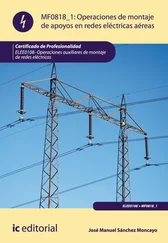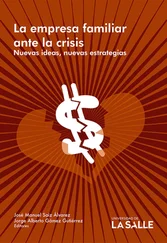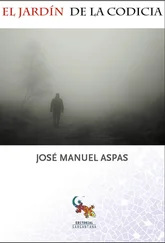And in front of the window display of a store completely identical in every respect to another one several passageways and five turns behind us, he stopped to inspect some sneakers for his tired feet, for his son and his wife (for me? no thanks), sneakers with which to outfit themselves like those families whose every member wears identical shoes on Sunday afternoons, purchased in one fell swoop, scooped up during a foray into the depths of enemy territory, ripped from the saddlebags without dismounting, and then happy as children, raising them to the sky, inspecting them beneath the ruddy splendor of late afternoon. And through the glass, his gaze refocused on the brightly lit interior of the shop, your father saw that a small drama was being played out on the carpet, at the front lines of the combat between distant Taiwanese companies and all the gullible consumers in the world.
A small drama, I noticed it as well, because of the disposition of its participants in front of the row of chairs: the young salesgirls with long braids holding a sneaker by the heel. Opposed to and divided by the axis that the sneaker scored in the air from a colorful group of people strangely and miraculously grasping the other extreme of the sneaker, its toe, the hands of the whole group, or one hand and one arm, pulling on that sneaker. Motionless at the moment when His Serene Highness raised his eyes, perhaps in the intention of studying the interior of the store, finding a seat there in which to frame the calloused hillocks of his backside and point from within toward the window, the tennis shoe or sneaker that had caught his attention among the many on display there.
In front of which he continued to stand without taking his eyes from the tableau. As a principal and organizing element now of the gazes of astonishment and admiration for his incontestable distinction. Some not so admiring, some looks of hatred in the eyes of the crowd confronting the shopgirls. Where — Vasily is wondering — does Juan Carlos of Spain buy his sneakers? This is the type of small detail we’ve got to work on … The boy paralyzed at the center of the group, the gypsy boy (because no one else, etcetera), had managed to put on and was wearing one brand-new sneaker and the one he was holding was the right sneaker, interrupted on its way toward his unshod foot. And the ones in the shoebox were not, on closer inspection, new sneakers, but a very old and worn-out pair.
Vasily occupied the door frame for a second, sending a wave of silence out before him, an electromagnetic pulse that closed the mouths of both salesgirls and gypsies the moment it reached them. Their eyes could not sustain the force of his gaze and rolled back in their sockets just as children look away into space before breaking into speech. Before returning to the person in whom they discovered immediately, before Vasily had said a single word, an arbitrator. Either an inspector from the Better Business Bureau or a still greater personage — without, naturally, their being able to imagine his true rank: an Emperor.
Vasily gazed at them with the tired air of one who can easily imagine himself on the other side. He placed his hand on the shoe, a gesture that had the effect of deenergizing the group, which released it the moment that the force, which they instantly perceived, was transmitted. But with their hands freed from the physical effort necessary for hanging on to the sneaker, they quickly rechannelled that energy to their throats and began shouting at the referee.
The narrative of the whole story broke into little fragments that flew at him and accumulated on his shoulders and arms, on the hand he was still holding up in the air. He stopped to look at them for a second, at the words that were covering him as fast as the gypsy boys could release their lies and the shopgirls could try to catch them with open palms but without managing to keep them from adhering to Vasily with a slight click, attracted by the magnet of his body and his charisma. Configuring on his chest the false story of how they had gone in — in all innocence! — to try on those sneakers, keeping their eyes on the door they planned to escape through and where the salesgirls had caught them.
Vasily understood it all, blood pumping through the muscles of his neck, making those lies jump with the relaying pitter-patter of an electromechanical telephone switch. He placed both hands on the sneaker and allowed a current to rise through his arms toward the thieving boys with the following message: Hammurabi, the perfect king, am I, the king who is preeminent among kings. My words are precious, my wisdom is unrivaled. The perfect king am I.
10
Such a message, such a sentiment within him. To make justice flow not toward the gypsy boys, as many in Sweden or perhaps in Norway would have wanted, and which would have been wrong, but to the shopgirls. Without proffering a word, with the muteness of a king settling a dispute in a remote region of his kingdom where he does not speak the language. Making the balloons of his words float throughout the store. So that everyone could see them rising to his lips and read them as well, without need of any interpreter. I was the one who, on seeing them emerge and discovering the spatial disposition of those bubbles in the air that floated off into the most distant departments of Marks & Spencer, identified the words that the Writer places on the lips of a king, through a secondary character in the Book, and which mean: “I am the king preeminent among kings. My words are precious, my wisdom unrivaled. The perfect king am I.”
I was not the one who built the jets flying overhead across the skies of Marbella, my index finger had not followed their fuel and pneumatic lines, rendered in blue and red, across the blueprint. I overcame my fear each time I had to board one and fly in it across the firmament. And a jet would never stop in midflight or on the verge of takeoff, to open its mouth, lift its chin to the sky with these words on its propeller-lips, this absolute confidence in its own capacity for flight. “The perfect king am I.”Not a good king: “the king preeminent among kings.”
“Like Lufthansa?”
Better yet. Not a single accident in centuries, dynasty after dynasty, dynasties falling and rising, materializing in midflight. Why wouldn’t we entrust our lives to them? He was a new kind of machinery, your father, with less physical structure than a jet, but with the same instructions from centuries past, borne out in practice. The gravity and aplomb of a colossus who contained in his breast, packed tightly within him, all his servants, the whole crew, his blue warriors and their orange jumpsuits. Ready to propel with their own feet, should the fuel source give out, the dynamo of their king, make him advance, move his arm from right to left.
The visible fact, Petya, that leads us to the invisible one of: king.
1
We can deny the real existence of all that falls outside the Book: swimming pools, for example, which the Writer never mentions and that are hard to read for that reason, because they don’t figure in the Book, don’t glitter in a single passage of that vast work; the Writer never had the faintest inkling or notion of them and it was up to me to stretch the thin film of the text, trying in some way to make it cover them, to comprehend them.
Views, elements of the landscape about which, undoubtedly, he did not write. Had they escaped the machinery of his sight or was it just that he didn’t see everything? I paused to regain my balance, bent down over those little gaps in the stiff tarp and discovered the blue and red bubbles of plastic balls (for he never spoke of plastic either, impossible). The balls broke through, sticking out here and there, smooth and shiny, and only with great difficulty did I managed to cover them over with a passage that mentions balls — whether made of oilcloth, rubber, or natural resin (the Book does not specify) — round and multicolored, played with by children on the beach.
Читать дальше

